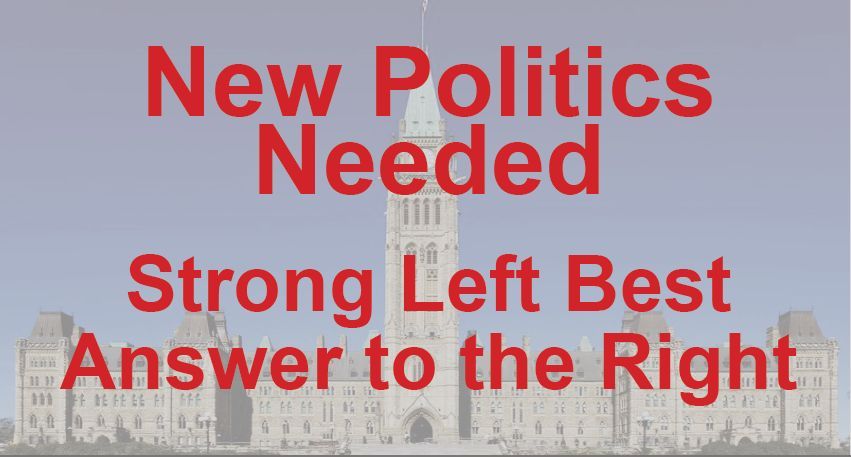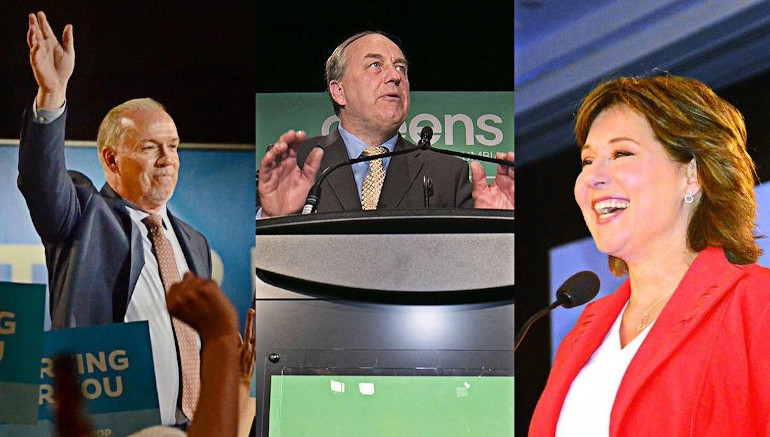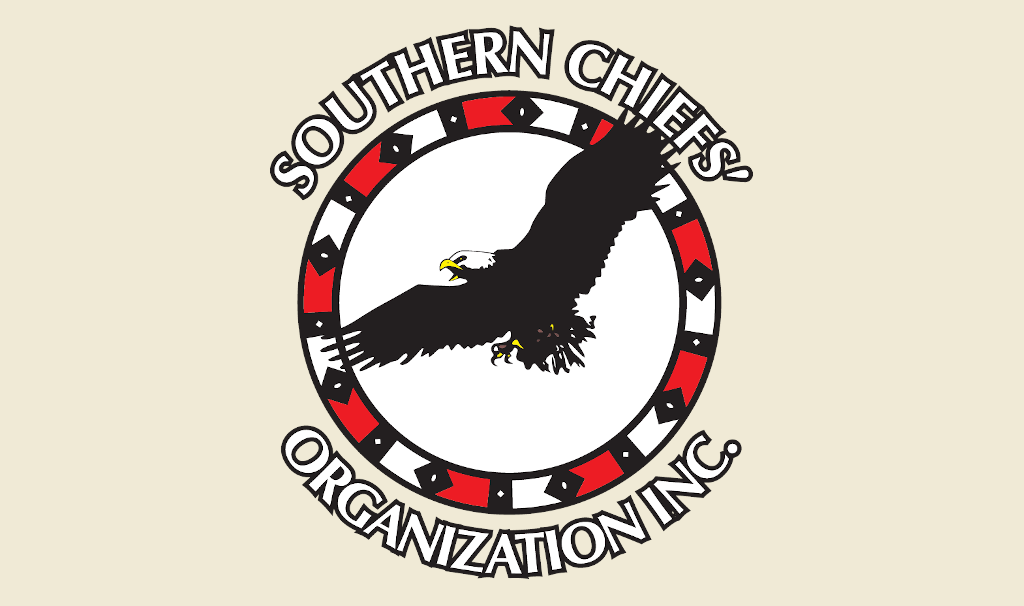
Millions of Canadians are wondering who to vote for in the federal election. Many will decide by going for the least bad option. This is in sharp contrast to four years ago, when there was energy to kick out Harper and make real change. Trudeau successfully harnessed the desire for change, seeming to boldly offer everything – electoral reform, tackling climate change, reducing inequality, respect for women, Indigenous rights and more.
The SNC Lavlin scandal punctured the Liberals’ bubble. They are not a party of principles. The scandal revealed the sordid nature of government’s links to big business. No surprise, but it was a lightning rod for the growing sense that Trudeau was not delivering his “sunny ways,” with many broken or undelivered promises. The Liberals were the same as ever, promising change during the election and governing for big business.
The NDP, after leading in opinion polls before the 2015 election, failed to inspire and dropped to third place, losing over half their seats. Since then they have largely stagnated, wasting two years before electing a new leader, Jagmeet Singh, who waited another 17 months before winning a seat in Parliament. Most of this time the NDP made few strong policy statements and did not organize any significant campaigns.
The Conservatives, with a lack-lustre leader, Scheer, have yet to shake the ghost of Harper. They have no serious policies to tackle climate change and instead focus on tax cuts that mainly benefit the rich and cause cuts to public services. Their co-thinker, Doug Ford in Ontario, demonstrates what they would be like in office. They have enough skeletons in their closet – on women’s rights, sexual orientation, immigration and racism – to fill a graveyard.
Only the Greens are generating any enthusiasm. This is because they are largely untested and seen as radical. The experience in BC and internationally is, in office, they do not deliver, even on the environment. They have been in coalition governments in Europe that carried out brutal cuts, and supported coal mining and increased oil production. They are not strong supporters of workers’ rights or unions.
Bernier’s People’s Party is making little headway, although advocates of intolerance are growing louder. However, it would be wrong to assume that right-wing populism won’t grow in Canada as shown by recent elections in Alberta, Ontario and Québec.
This election will see a lot of negative campaigning. The Liberals will point to Doug Ford and the Conservatives’ skeletons. The Tories will go on about SNC Lavalin and the Liberals’ links to Bay Street – fair criticism but they apply to them as much.
The NDP will struggle to make its voice heard, even though it has the best policies on many issues. It supported pharmacare for years. It is committed to end fossil fuel subsidies and other actions to slow climate change. It proposes a modest increase of taxes on the super-rich and will make university education more affordable. However, it squandered the 2011 sweep of Québec and risks losing almost all these seats this time. Many Canadians who support the NDP’s ideas are not convinced it can make a difference and for years have experienced the party’s under-performance in elections and in governments. Given the choices available, we support voting NDP. However, whoever wins, the key battles ahead will not be won in Parliament but by movements and unions in struggle.
The Liberals’ election prospects are helped by the continuing, albeit weak, economic growth. However, behind the headlines are real problems that politicians largely ignore. Real wages have barely increased in 40 years, even after ten years of economic growth. Personal debt remains high: households owe $1.78 for every dollar of income. Nearly half of Canadians are $200 or less away from financial disaster. Rents across almost all of Canada are unaffordable. A growing number of people, especially the young, have precarious jobs. Alienation, insecurity, worries about the future and mental health problems are growing.
World Crises
Almost totally ignored in the election is the world situation, or the proposed answers are ineffective. An impending recession, made more likely and probably worse by the growing trade war between the US and China, could hit Canadians’ income and jobs hard. None of the underlying causes of the 2008 recession have been solved – many are worse as capitalism continues seeking short-term profits. Canada is caught in the middle of this historic struggle between the declining US and rising China for international domination. The world’s economic and political order is unravelling as international agreements, treaties and rules of trade are cast aside. The collapse of Stalinism gave US imperialism a few decades of world supremacy – this is ending.
There is mounting anger and frustration around the world as elites ignore the reality of billions of peoples’ lives. Inequality, unimagined in history, feeds the anger. In many countries nationalist right-wing populist governments and parties are feeding on this anger. This is especially the case where the left is weak or timid.
While the mainstream news is dominated by gloom and fear, new positive forces are growing. Around the world women have marched, struck and protested for an end to sexual harassment and abuse and for reproductive and equal rights – winning victories such as in Ireland.
Climate change is a looming disaster with life-threatening dangers. Bold national and international cooperation and planning are needed. Yet, almost all governments, corporations and Canadian political parties act as if only minor changes are needed. Climate change will shape society and politics in the years ahead. The youth climate strikes and protests are inspiring. Many are clearly linking capitalism to environmental destruction. Support for socialism is growing in the US, an earthquake change from a few years ago.
A Strong Left
While some of these global trends, both positive and negative, are not as pronounced in Canada, it will not be immune from them. Unless a strong left is built, the right will capture some of the anger and alienation in society.
The NDP’s core view is that it can manage capitalism better than the other parties. However, economic crises and ecological disaster are not simply management failings, they are rooted in capitalism. The looming world recession and the global ecological crises means that managing capitalism is not an adequate answer.
Missing in Canada is a confident and campaigning left-wing party. There is a great opportunity as 58% of Canadians have a positive view of socialism, indicating there would be strong support for a party that proposes:
- Transition to renewable energy, investment in public transit and upgrading buildings while providing good jobs
- Taxing the rich and big business to reduce inequality and fund a dramatic program to build affordable housing
- Canada-wide $15 minimum wage
- Comprehensive public health system that covers prescription, eyes and teeth
- National affordable childcare program
- Recognition of Indigenous’ rights
Alongside such policies, Canadians need a democratic party where members have real control, that campaigns year-round in communities, workplaces and colleges across the land.
Canadian unions remain a power in the land, an un-used power, with over 30% membership in the workforce. For too long most union leaders have accepted the dictates of the bosses and only asked for what capitalism is willing to give – not much! Union leaders should warn Canadian workers about what is coming and point a way forward. This will require determined action to defend jobs and wages and bring forward plans for alternative useful work.
Socialist Alternative will build support for these policies and point the way ahead to a socialist society.


